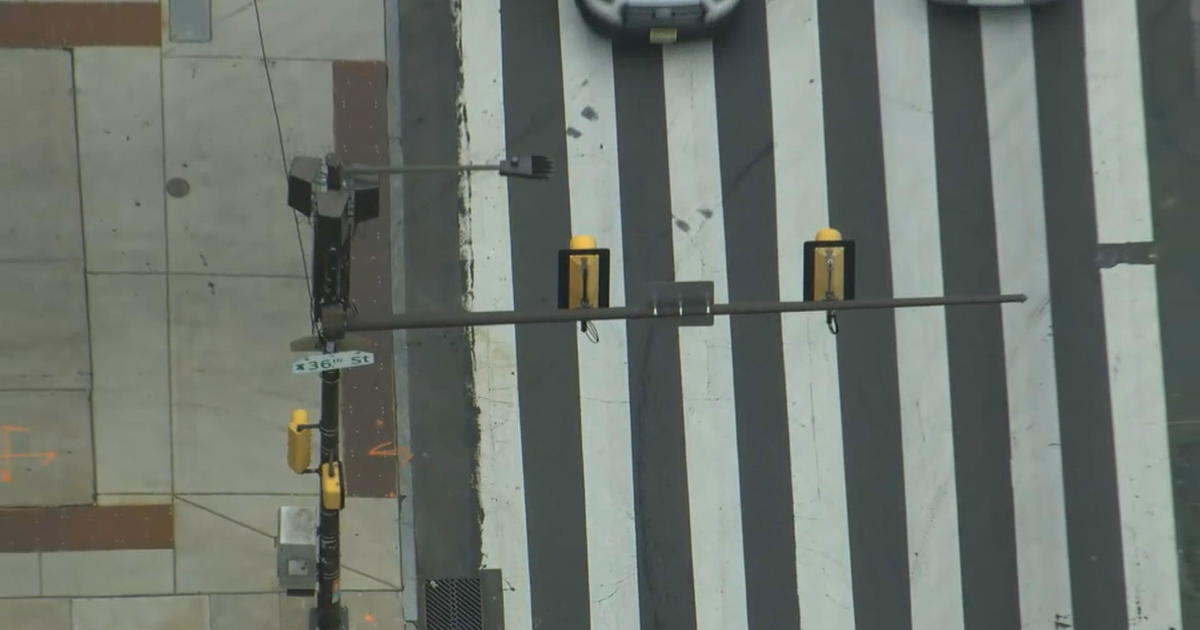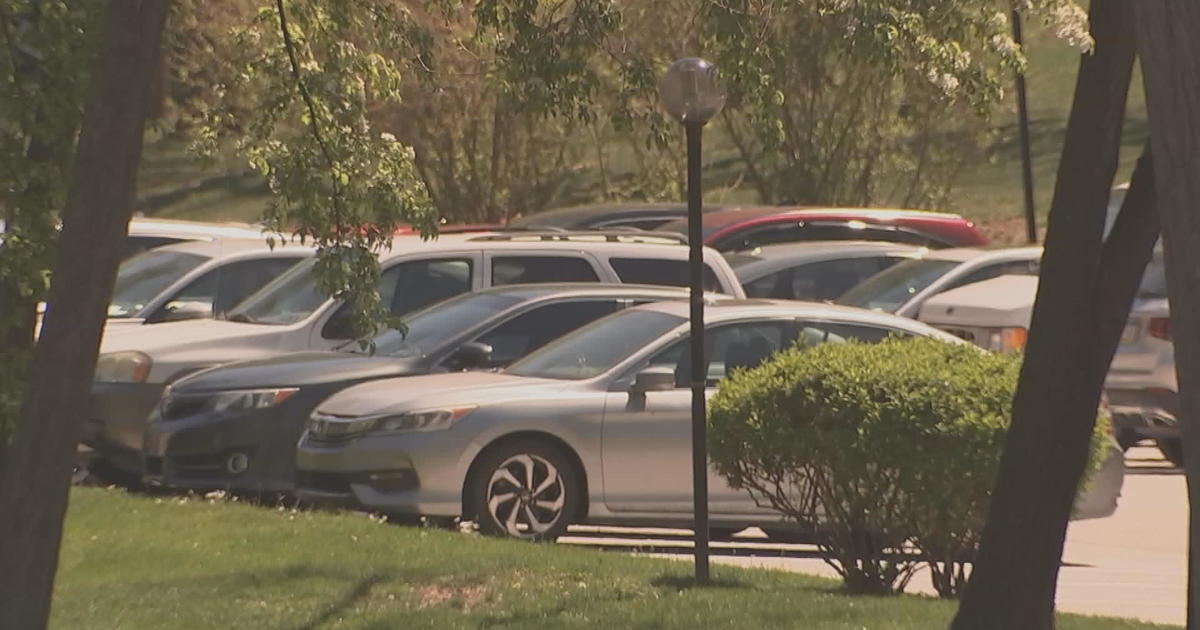Angie's List: Early Warning Signs Of Car Trouble
By Jim Donovan
PHILADELPHIA (CBS) -- We rely on our cars daily to get us around but frequently we tend to overlook the early warning signs that something is wrong with our vehicles.
Unfortunately, that can lead to costly repairs. In this week's Angie's List, Jim Donovan has the signs that your car is due for service.
If you want your car to last a long time routine maintenance is key. Most people get oil changes on a regular basis but frequently forget about other services the manufacturer recommends.
"This is potentially going to lead to problems. The best bet is to follow your owner's manual on recommended service intervals," said Angie's List founder, Angie Hicks.
Because overlooking one thing can easily lead to a more expensive repair.
"For example, one member reported they needed to have a timing belt replaced. The bill was going to be about $600 and the customer didn't want to spend the money. What ended up happened was the timing belt eventually broke and it resulted in about $2,000 worth of repairs once it was all said and done," said Hicks.
And don't ignore early warning signs.
"The biggest signs that you need to look for to take your car into get serviced would be warning lights on the dash. There are things like check engine lights, low oil lights, tire pressure lights now those are the things you want to look for on your dash to be aware and cognizant of what's happening on the dash board," said Auto Repair Shop Owner, Robert Waeiss.
More from Angie:
Look for these warning signs that your car may need inspection or repairs:
· Warning light indicators: If the "Check engine" light or "Service Engine Soon" light illuminates on your vehicle's dash, call your mechanic.
Squealing or grinding sounds when coming to a stop. This can indicate your brake pads, rotors or calipers are on their last leg and need to be serviced as soon as possible · Oil spots under your car. An oil leak can be dangerous to your car's lifespan. Without proper lubrication from oil, your car's performance is undermined and the engine can eventually lock up.
· Green liquid leaking from your engine. Radiator coolant, which helps maintain engine temperature, is usually dyed green by the manufacturer for safety. If you have a coolant leak, your engine could overheat, which can mean thousands of dollars in repairs. Leaked coolant can also poison pets.
· Slow starting. This could mean that your battery is dead or dying.
· Excessive vibration while driving. If your car is vibrating more than normal it could be a sign that you need new tires or your tire alignment adjusted.
· Car is running unusually loud. This could be an indicator that you need a new muffler.
· Squealing noise when you start the car or turn on the A/C. This could be the sign of a bad serpentine belt, which helps provide power to essential components such as the power steering, water pump or alternator
Angie's List Tips for finding reliable car repair:
· Find a good shop before you need one: Don't wait until your car is on the blocks to find a mechanic. Doing your homework and developing a long-term relationship with a mechanic/service shop will help you avoid being rushed into a last-minute decision. You'll also be first in line for emergency service and cost savings.
Specialty service: A full-service shop may be able to handle most of your needs, but if you need a highly specialized service, do some research to find the right specialist. If you · have a good and long-term relationship with a full-service shop, you'll likely find at least one good recommendation there.
· Read and follow the manual: If you read nothing else in the manual that comes with your car, read the preventative maintenance schedule about tires and follow it. Know what type of tires your car has.
· Get it in writing: Get a written estimate before authorizing repairs. Request that all replaced parts be returned and insist on a detailed invoice of work done, including an itemized description of parts and labor charges.
· Check licensing & certification: State or local law may require that a shop be licensed or registered. ASE (Automotive Service Excellence) certified mechanics must have two years of experience and pass an exam to become certified.
· Warranty work: Determine if your warranty requires you to use a specific dealership or shop. If you use another source, keep all receipts in case your warranty coverage is questioned.
· Diagnosis: Many auto service shops charge a diagnostic fee to determine what ails your vehicle. Some may reduce or forgive that fee if you have the work performed there. Always ask why a repair is needed.
· Get a second opinion: On expensive or complicated repairs, get a second estimate. If you decide to have the work performed elsewhere, be aware that you may have to pay another diagnostic charge.
· Before you leave the shop: After repairs are finished, get a complete repair order that describes the work done. Ask to see any old parts. Some states require mechanics to give you any parts they have removed from your car unless the warranty requires they be sent back to the manufacturer.



